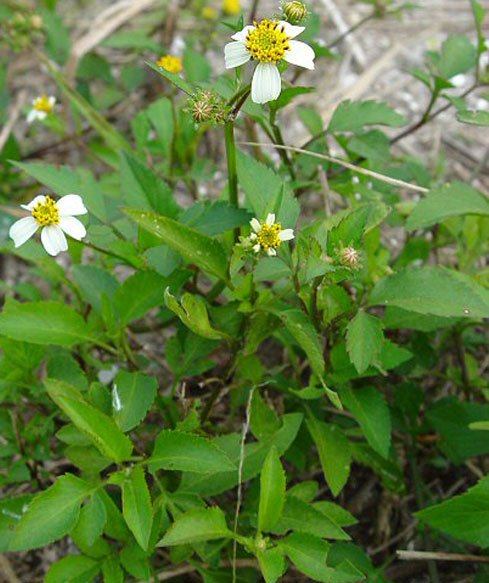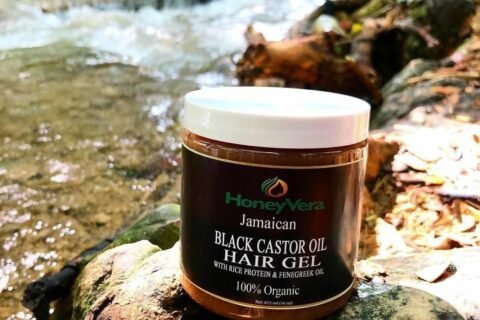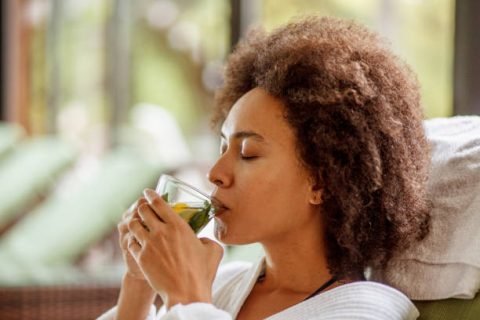The soursop fruit (Annona muricata), also known as Graviola, Guyabano, Guanábana, and Annona Muricata, bears on a broadleaf, flowering, evergreen tree  which is native to the tropical regions of the Americas and the Caribbean.
which is native to the tropical regions of the Americas and the Caribbean.
 which is native to the tropical regions of the Americas and the Caribbean.
which is native to the tropical regions of the Americas and the Caribbean. The soursop fruit is a good source of vitamin C and both the fruit and leaves have several health benefits. Many of these benefits are quite known but one not-so-known benefit is that it’s good for your nerves. Yes, tea made from the leaves of the soursop tree helps to calm your nerves and essentially helps you sleep better.
Benefits of the fruit, which contains various phytochemicals, are many and it has some specific benefits for men and women. For women, the fruit flesh can be used to increase breast milk production and to treat rheumatism, arthritic pain, fever, neuralgia, dysentery, heart and liver diseases, and skin rashes. Plus, it has antidiarrhea, antimalarial, antiparasitic, and other properties.
The fruit can also be used to treat conditions such as diabetes, tumor, cancer, stress, blood pressure among others. Some of these health benefits might not have been proven in a lab, but real-life experiences shared by Jamaicans and other Caribbean nationals who use the plant leaves and the fruit are what guide subsequent generations to continue relying on them for relief.
Studies suggest that soursop has anticancer properties. For the people of Jamaica and the Caribbean the most popular use of the soursop leaf is make a cup of tea to calm down their nervous systems.
As in all situations involving fruits and plants, we urge caution when using the soursop fruit or leaves for the first time to find out if there is any allergic reaction, although there has been no known incident where persons react negatively.
Traditionally, the leaves are left to semi-dry before being used to make tea, for best results. The fruit may be peeled and eaten or it may be juiced.
Mango (Mangifera Indica) is said to have been discovered first in Asia. The fruit has long been a favorite of many people across the world, who enjoy its sweet and juicy flesh.
The benefits of mangoes, however, go beyond their delicious nature and involve the peel of the fruit and the leaves of the tree, which can grow up to 50 to 100 feet.
The good news is that the leaves of the mango plant have been found to possess antidepressant and antianxiety properties, which may be used against anxiety and depressive ailments. Yes, a cup of tea made from the leaves of the mango plant will have a soothing effect on your nerves.
Among some of the other benefits of mango leaf tea is that it helps manage high blood pressure and sugar levels, it treats gall and kidney stones, improves your skin health and may also treat stomach ulcers, among others.
The leaves of the mango tree are rich in vitamins such as Vitamins A, B, and C. Compounds such as alkaloids, riboflavin, Thiamin, phenolic, beta-carotene, and flavonoids are also found in the leaves. Two other compounds, terpenoids and polyphenols help to protect against disease and to fight inflammation in your body. Nutrients in mango leaves include protein, carbohydrate, dietary fiber, calcium, phosphorous, iron, and others.
Jamaicans traditionally use thyme (Thymus vulgaris) as a seasoning when cooking meats and vegetables, its sweet aroma bringing a sense of satisfaction and completeness to the meal.
It might come as a surprise to many, therefore, that it has been discovered that Jamaican thyme helps produce favorable effects on the neurological system due to its carvacrol content. In other words, Jamaican thyme settles your nerves. A cup of tea made with this herb will help to soothe you and also relieve coughs.
Indigenous to the Mediterranean region, this culinary herb has been proven to have medicinal uses. In fact, there is a long list of benefits that can be derived from Jamaican Thyme. Some of these benefits include: treatment of issues relating to – the respiratory system, blood pressure, cholesterol, cardiovascular, anemia, cancer, cognition, food poisoning, food contamination, oral health, vision, and stress among others.
Jamaican Thyme also contains essential vitamins and minerals including vitamins A and C, fiber, iron, manganese, and copper. These vitamins and minerals are present to some extent in a cup of Jamaican thyme tea.









